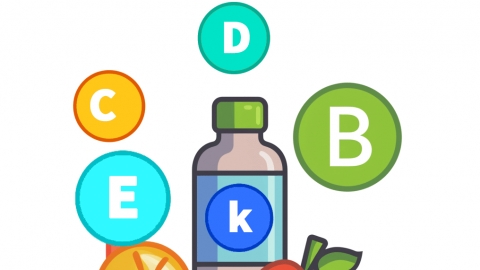Canker Sores: Should You Take Vitamin C or B2?
Vitamin C refers to ascorbic acid, and vitamin B2 refers to riboflavin. Under normal circumstances, both vitamin C and vitamin B2 may play certain auxiliary roles, but simply taking these two vitamins orally generally cannot cure mouth ulcers. If mouth ulcers recur frequently or persist for a prolonged period, timely medical attention is necessary. Detailed explanations are as follows:

Vitamin C has antioxidant properties and promotes wound healing. If a mouth ulcer is caused by a vitamin C deficiency, supplementing with vitamin C can accelerate the healing process. Additionally, vitamin C can strengthen the immune system, helping the body resist bacteria and viruses that may contribute to ulcers.
Vitamin B2 helps maintain the health of the skin and mucous membranes. A deficiency in vitamin B2 can easily lead to ulcers in the oral mucosa and tongue. Appropriate supplementation with vitamin B2 can improve related symptoms, promote cell regeneration, and help reduce inflammatory responses in the mouth.
If mouth ulcers are caused by other factors, such as stress, poor oral hygiene, allergic reactions, or autoimmune diseases, simply supplementing with vitamin C or B2 may have limited effectiveness. In such cases, treatment should target the specific underlying cause, accompanied by improvements in lifestyle habits and oral hygiene. Consulting a doctor or dental specialist for professional advice is recommended when necessary. It is advisable to maintain good oral hygiene and follow a balanced diet to ensure adequate nutrient intake in daily life.









